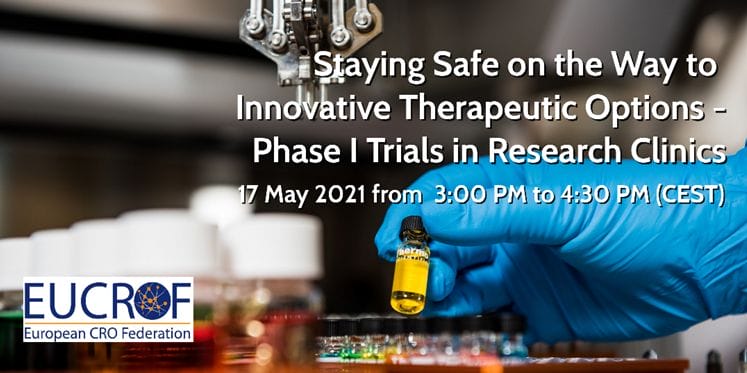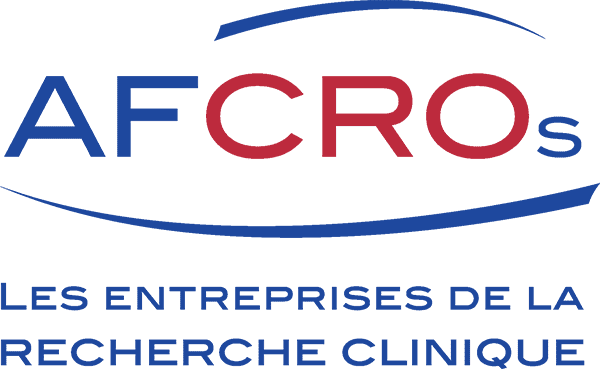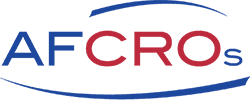Médiathèque
Wébinaire EUCROF - 17 May 2021 - Staying Safe on the Way to Innovative Therapeutic Options - Phase I Trials in Research Clinics
- Publié le 6 mai 2021
- dans Actualité

In the light of a global pandemic, clinical research in early-stage development reached a new degree of interest as the world relies on scientists to find solutions for unmet medical needs. Under the pressure of this scenario all parties involved in clinical research have to re-organise the working floor and find to ensure the utmost safety of trial participants while in parallel improve the productivity and speed.
In drug development the most sensitive part is the switch from non-clinical to clinical conduct, namely the First-in-Human/First-in-Patient (FIH/FIP) Phase I clinical trials.
To ensure utmost safety a trial specific risk analysis and risk-minimizing measures are required for trial design and protocol as well as for the translation into practical conduct for executing infrastructures in specialized Phase I research clinics.
The basic principles of safety arrangements in clinical trials are regulated by international guidelines and local laws and requirements. For the EU countries the Clinical Trials Regulation 536/2014 based on ICH GCP E6 is implemented as binding law for the conduct of clinical trials.
Since this law does not distinguish between the different phases of drug development starting with FIH/FIP Phase I up to confirmatory Phase III trials, the EMA took action in 2017 to update the guideline for FIH/FIP clinical trials which states that “the early clinical development of human medicinal products has an intrinsic element of uncertainty in relation to both the possible benefits and risks of a novel drug candidate”.
This webinar will help to understand more about the risks and benefits of early-stage clinical trials conducted in specialized Phase I research clinics. It will highlight the points to be considered for planning and conduct of Phase I trials:
- safety management plan
- adequate personal resources
- adequate locations/wards
- adequate technical equipment
- processes for management of emergencies
- adequate conditions for PK sample, collection, handling and processing.

